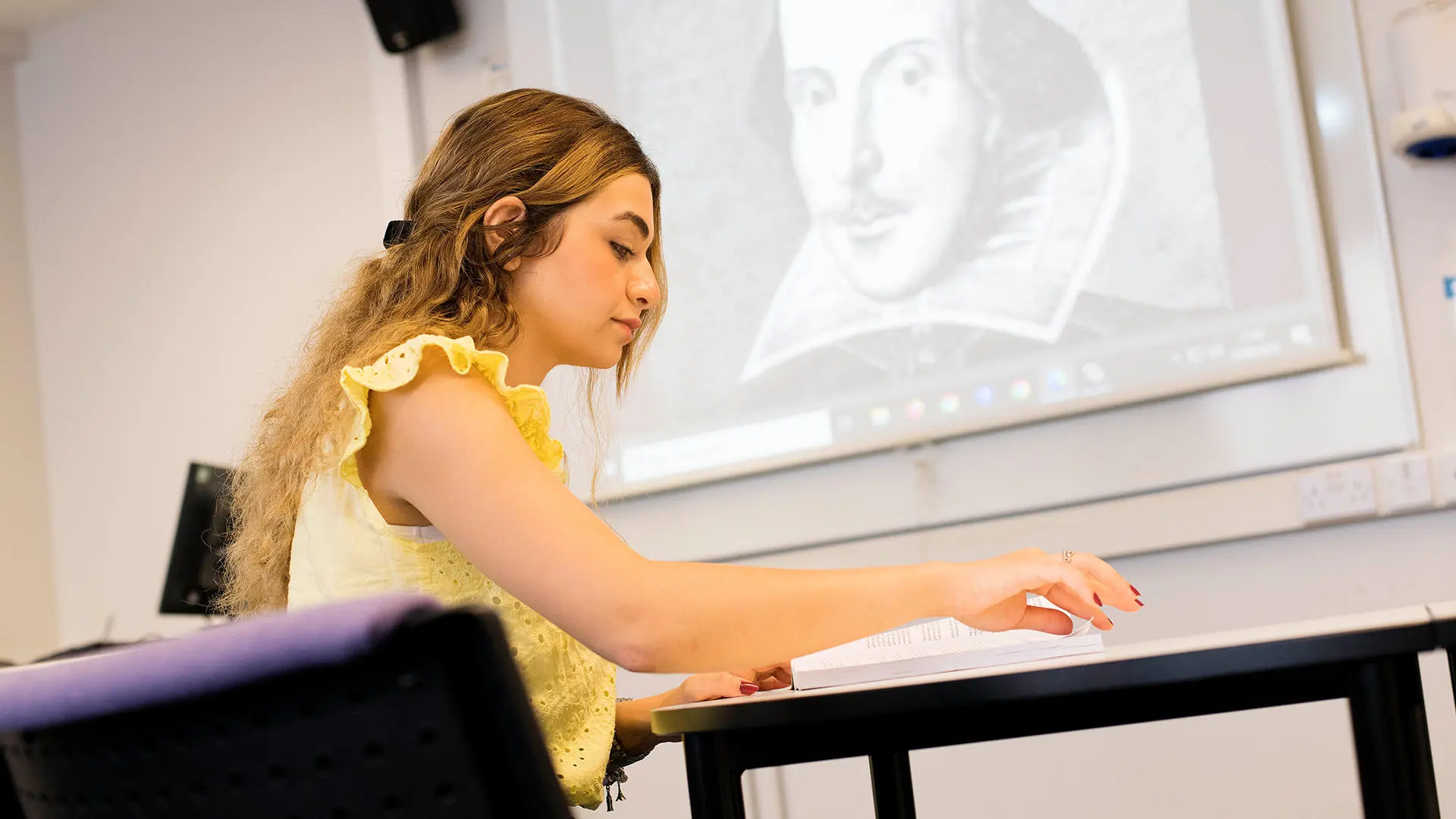History doesn't lead to a specific career like some other degrees. That means it can be seen as less practical by some people. However, this overlooks the number of valuable skills you gain from a history degree.
A degree in history isn't just about dates and facts. It is about the skills that you develop throughout the course, which are valued by many professions. You'll learn to analyse information, construct evidence-based arguments, carry out research and communicate ideas. These skills are used in heritage, education and research, as well as law, business, policy and much more.
The value of a history degree lies not just in the subject itself, but the versatile toolkit it equips you with.
Transferable skills
Here are just some of the skills you'll develop during your history degree:
Traditional career paths related to history
Some history students may want to work directly with the past in professional settings. This includes:
- Archivist- manage and preserve important documents and records.
- Museum curator- develop collections in museums and galleries.
- Heritage manager- oversee historic sites to ensure their preservation and engagement with the public.
- Conservation officer- protect historic buildings, artefacts and cultural heritage.
- Heritage educator or tour Guide - bring the past to life for visitors as you deliver engaging tours of museums, galleries, or heritage sites.
- Education roles - teach history at secondary school, college or even higher education.
- Librarian- support access to information and resources in your role as a librarian.
- Genealogy - turn your specialist research skills into a career.
- Academic researcher- produce original research that advances historical understanding.
Our history degree will equip you with the skills you need for a career in these fields. In the second year of your history degree, you'll be able to work with a business on a community history project. You'll find your own primary sources and learn to communicate your findings to stakeholder. You'll also complete a dissertation in your final year. This will hone your research skills as you undertake extended, independent study.
Other roles for history graduates
While history offers clear routes into heritage and education, you will develop transferable skills that can be applied in many other sectors. This includes critical thinking, research and communication skills. Roles where a history degree is valued include:
- Journalism - you will develop impressive critical thinking and research skills that are needed as a journalist. You'll also be able to articulate your findings in a persuasive and clear manner.
- Civil service - the civil service often recruit history graduate straight from university. Look for fast track opportunities, including becoming a diplomat.
- Law - lots of history graduates complete a law conversion degree. You're used to sifting through lots of information, evaluating evidence and producing a persuasive argument.
- Publishing - read and edit manuscripts, making suggestions for improvements. You may be able to specialise in historical fiction and non-fiction.
- Marketing- you'll have excellent writing and analytical skills, which make you a great candidate for marketing roles.
- Politics- apply your analytical skills to policy, governance, diplomacy, or legal practice. You might also join a think-tank, where you can contribute to research to inform decision-making at national or international level.
- Business and management - you'll have strong analytical and problem-solving skills. Put these to use in a range of business roles.
- Non-profit organisations - use your research skills to support communities and campaign for change on topics you care about.
A history degree with work experience
Some history students may worry about getting a job in the future. History is a traditional academic degree, which means it can be difficult to get work experience while completing your degree
However, our history degree actively prepares students for the graduate job market. You can complete a work placement module in your final year. This will take in a school or the heritage industry. This will give you real work experience to add to your CV.
You'll also develop transferable skills, including critical thinking and communication skills. These open doors to a range of sectors, including law, journalism and business.
The next step is to apply your skills strategically. Learn how to translate your skills, experiences and interests into a CV that suits your career goals.
History degree FAQs
A history degree is more than a study of the past, it teaches you how to think, question, and communicate in a complex world. You will gain transferable skills, which will allow you to pursue a number of varied careers. Consider the skills you'll need for that role and focus on developing them throughout your degree. Pursue work experience opportunities both in and out of your history degree.
Explore history at the University of Lancashire
- Course
History, BA (Hons)
- Course
History, MRes

